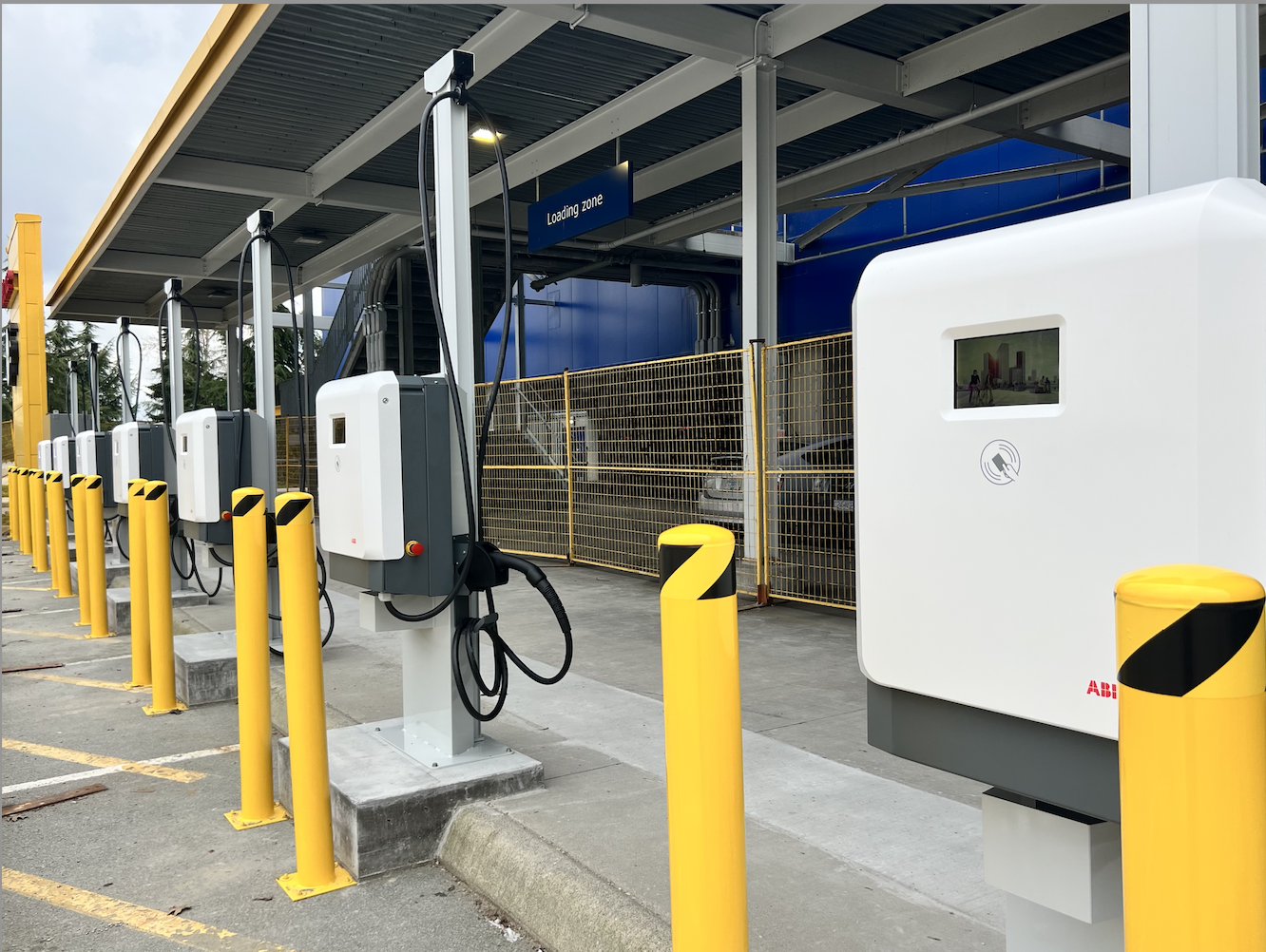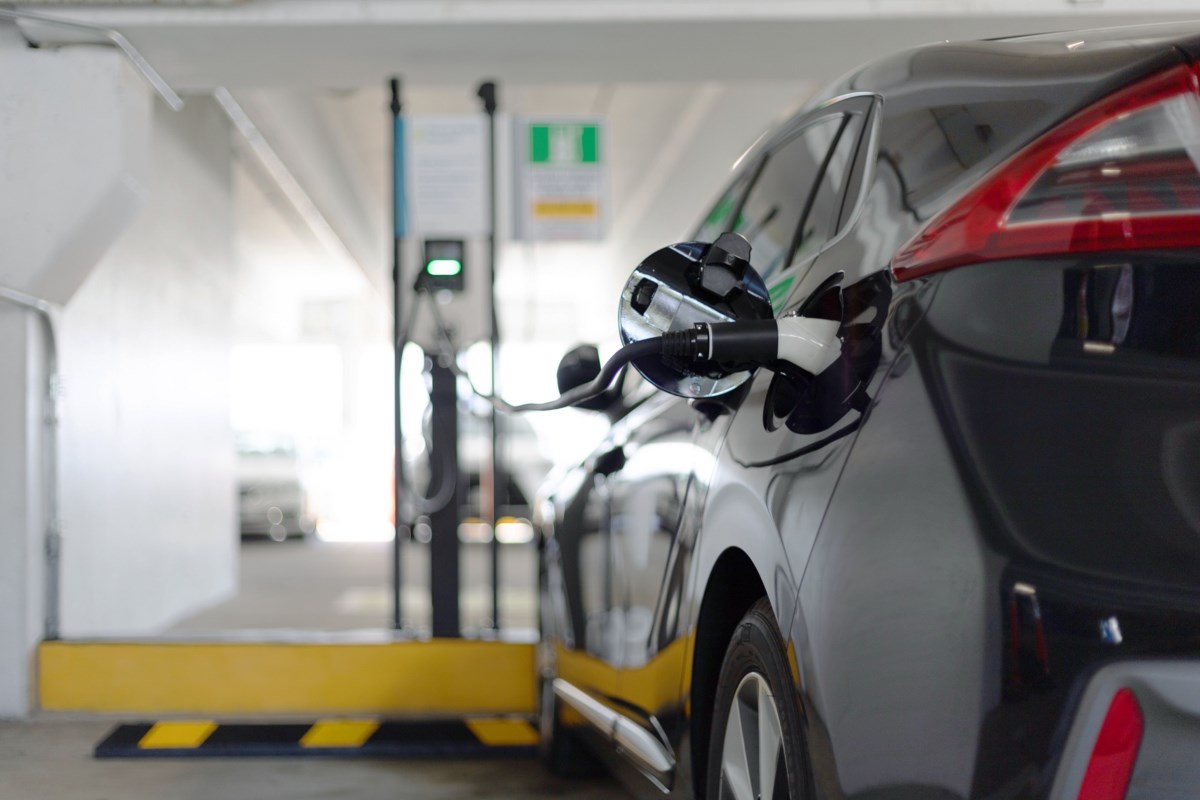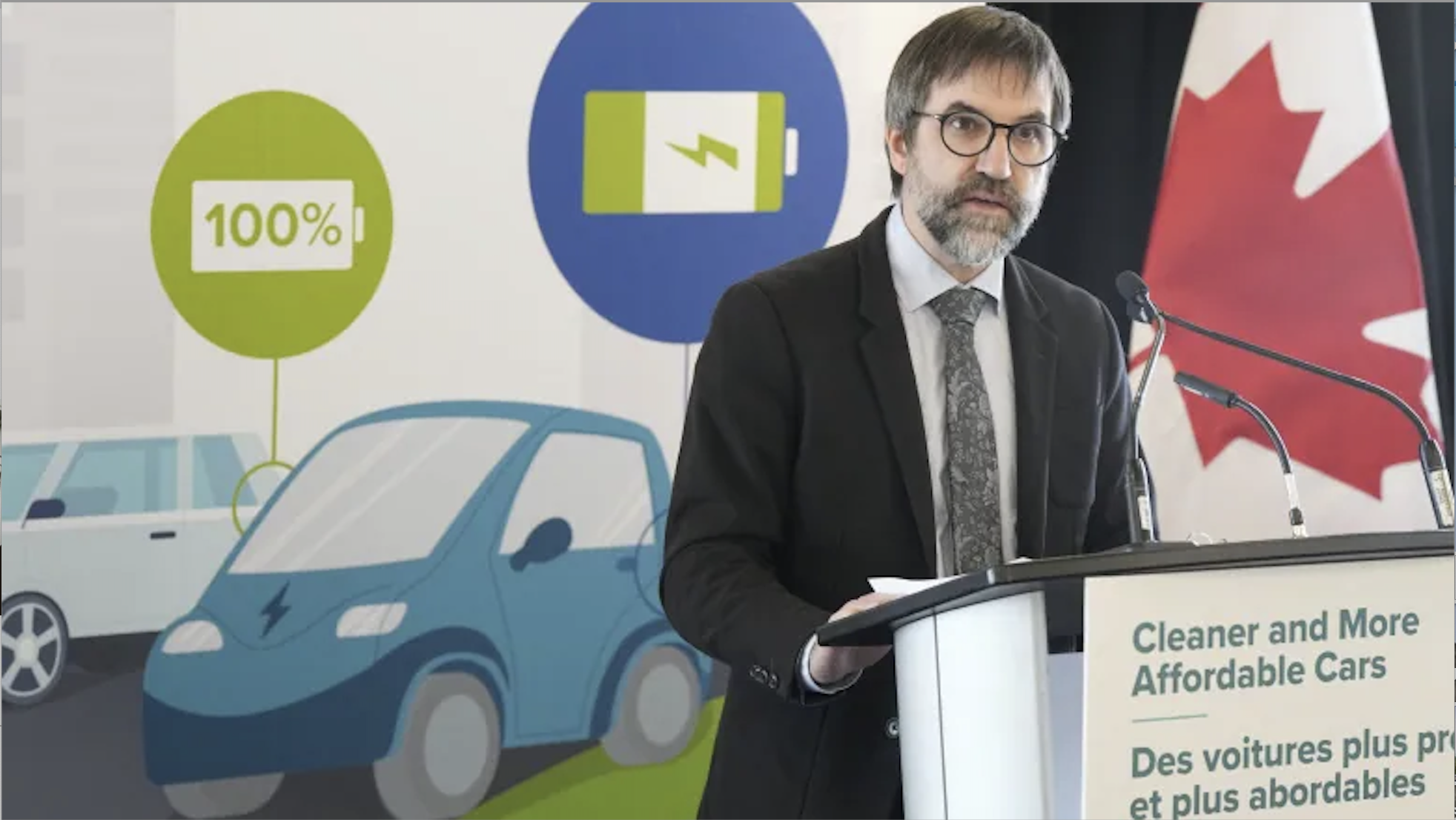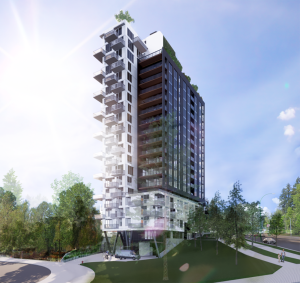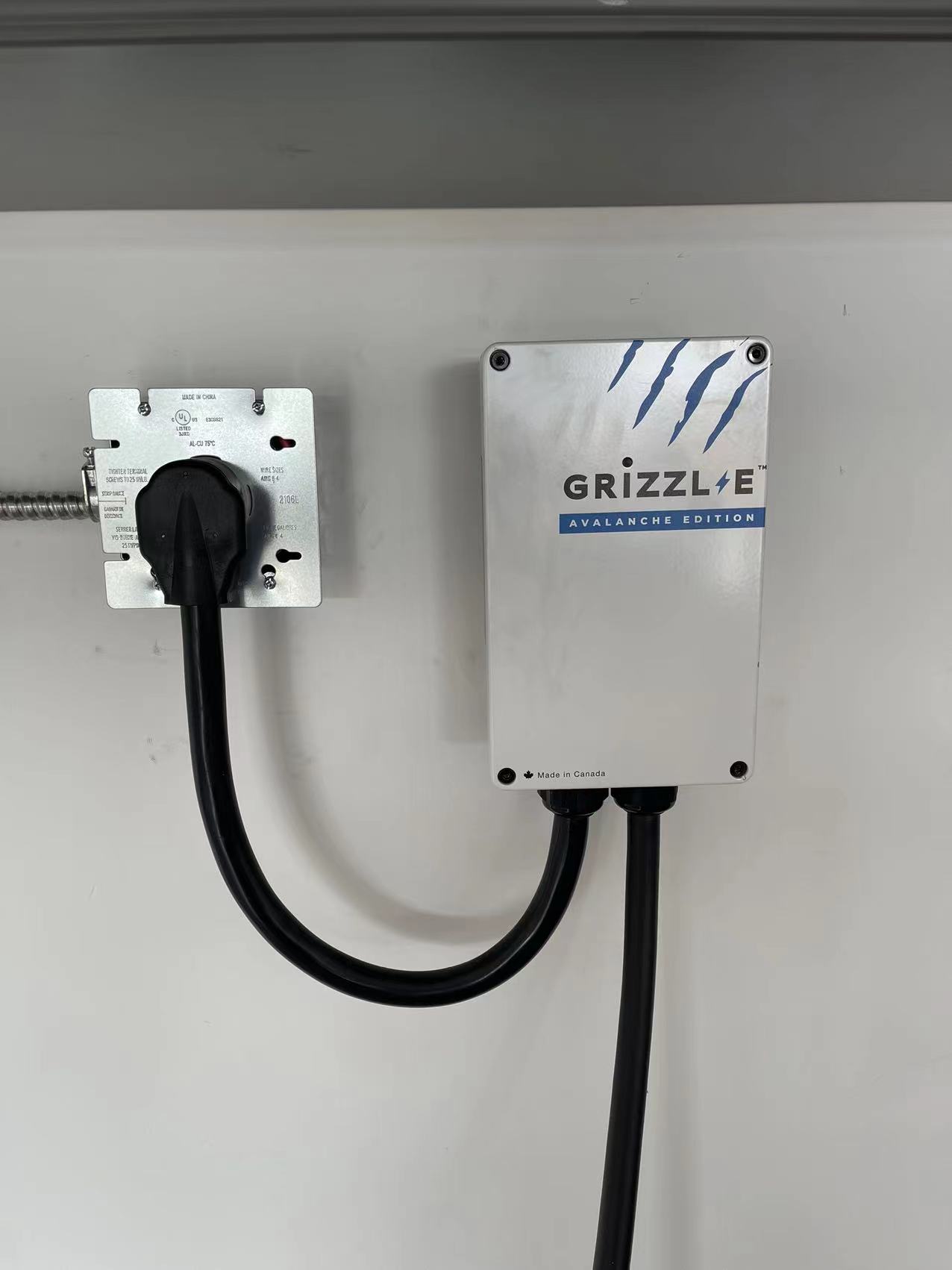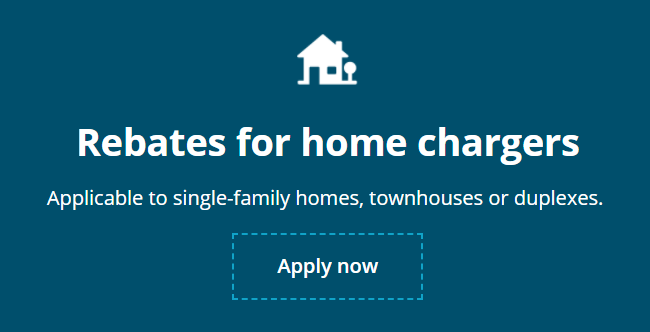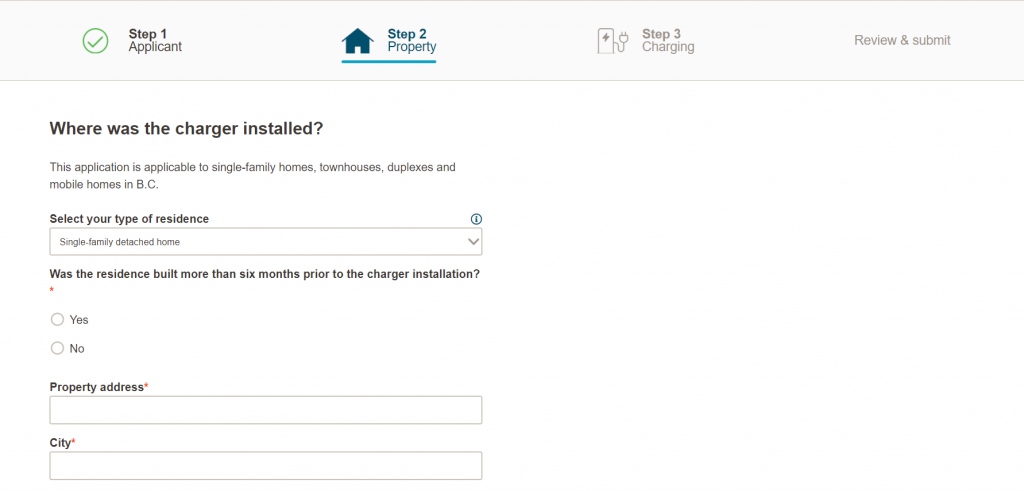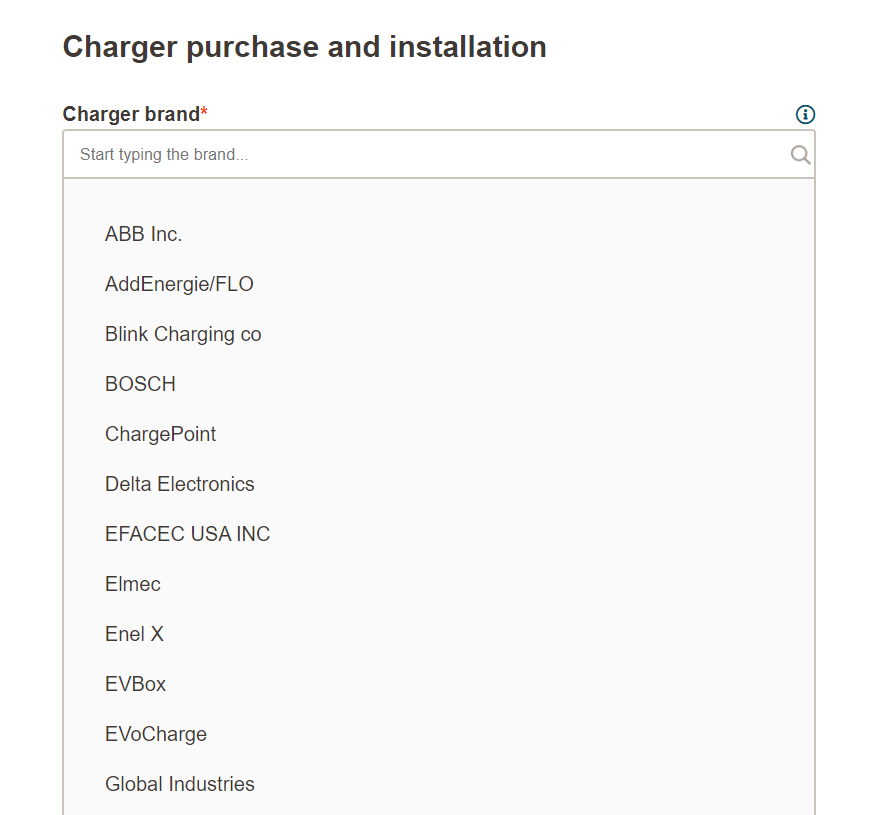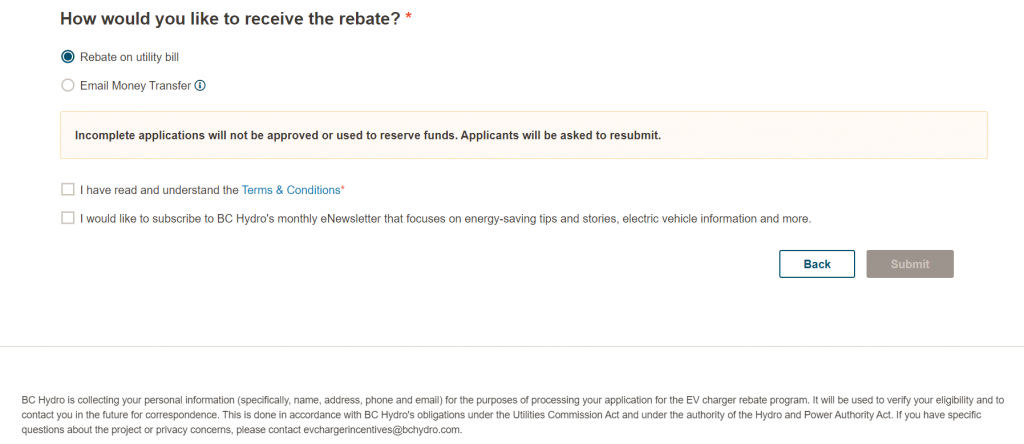Your business save significant fuel and maintenance costs with EV fleet. The government of BC has different rebates available to support your business with fleet electrification and EV charger installation.
To streamline and simplify the transitioning of fleets to electric vehicles, the Government of B.C. and BC Hydro have made some changes to their incentive programs recently.
Starting January 22, 2024, the Government of B.C.’s Go Electric Fleet Charger program will exclusively focus on providing rebates for EV chargers. At the same time, BC Hydro’s EV Fleet program will take on the role of supporting fleet and infrastructure planning, along with electrical infrastructure installations.
Key changes:
1. EV fleet strategy planning and infrastructure support: businesses receiving electrical service from BC Hydro will now apply for funding through our EV Fleet program for EV fleet strategy and electrical infrastructure funding. FortisBC electric customers will continue to apply for funding for fleet and infrastructure assessments through the CleanBC Go Electric Fleet Charger program.
2. Minimum fleet size requirement removed: removed the requirement for businesses to have a minimum fleet size requirement of 20 vehicles. Businesses with fleets of all sizes are now eligible to apply.
3. Medium- and heavy-duty vehicle requirement removed: the requirement for businesses to have a minimum of 20 medium- and/or heavy-duty vehicles to be eligible has been removed. If your fleet includes light-duty Class 1 vehicles such as cars, vans and SUVs, you can now apply for this funding.
4. EV charger rebates: all businesses, regardless of fleet size, can continue to apply for rebates for the purchase and installation of EV chargers through the Government of B.C.’s Go Electric Fleet Charger program.
Rebate details
1. EV Ready fleet plan
Start developing a comprehensive roadmap to transition your fleet to electric. Map out the costs and benefits, assess your fleet vehicle inventory and electrical infrastructure, and the outline steps required to get your facility ready for an electric fleet. BC Hydro provides funding to hire a fleet electrification expert to perform a fleet assessment and help identify charging requirements and electrical infrastructure needs.
The offer
- Fleets less than 150 vehicles: A rebate of 50% of planning costs (excluding GST) up to a maximum of $10,000.
- Fleets greater than or equal to 150: A rebate of 50% of planning costs (excluding GST) up to a maximum of $15,000.
2. Electrical infrastructure upgrades
Rebate is available to pre-approved customers for the cost of upgrading the electrical infrastructure in accordance with an approved EV Ready fleet plan.
The offer
- Up to 50% of infrastructure costs, not including charging equipment, to a maximum of $15,000.
- Rebate amount is determined based on a review of costs, electrification opportunities, emission savings, and the overall business case.
3. Fleet EV charging rebate
The CleanBC Go Electric Fleet Charging program is intended to support public, private, and Indigenous fleets transition to zero-emission vehicles (ZEVs). If your business is planning to install EV chargers to support EV fleets, different rebates are available depending on the type of EV chargers and the size of EV fleets.
For example, if you purchase and install Level 2 charging stations, you are eligible for up to $2,000 in rebates to a maximum of $25,000 in total. If you purchase and install fast chargers (e.g. 20-99 kilowatts) for light-duty ZEVs, you are eligible for up to $50,000 rebate. For medium- and heavy-duty ZEVs, you can get up to $100,000 rebate for purchase and installation of fast chargers over 200 kilowatts.
Charging cost is less than 1/10 of fuel cost!
We all know the gas price has been skyrocketing across Greater Vancouver region! It costs about $150 to fill a full tank of gas. Lots of people switch to electric vehicles not only because it’s environmental-friendly, but also because the charging costs are considerably low.
BC Hydro is offering two competitive EV fleet charging rates.
1. Demand Transition Rate
Demand transition rate is designed specifically for EV fleets that cannon charge overnight and require charging in-route during operation hours. To avoid the peak demand costs for short-duration and large-output charging, BC Hydro does not implement Demand Charge until March 31, 2026. Customers only need to pay Basic Charge at $28.82 cents per day and Energy Charge at 9.90 cents per day.
2. Overnight Rate
This rate is primarily for customers who leave their fleet vehicle charging overnight. This rate is composed of three parts, Basic Charge at $28.82 cents per day, Demand Charge at $13.30 per kW, and Energy Charge at 8.05 cents per day.
Now, let’s Imagine if you use a 150kW fast charge to charge an electric vehicle with a range up to 400 km, and it only requires 30 mins to finish charging. Your cost per charge is only $6-7 dollars. When comparing the cost of fueling gas vehicles, which may costs $150 per fill-up, the charging cost is less than 1/10 of fuel cost!
For example, if your business operates 5 gas vehicles that require refueling each week per vehicle, the monthly fuel cost totals $3,000, equating to $36,000 annually, while EV charging only costs about $3000. This translates to a potential annual savings of $30,000. Over a decade, these savings in fuel costs alone amount to $300,000. Even though the upfront costs to invest in electric vehicles and EV chargers seem substantial, you can definitely make a return on investment in the long run.
Amor Energy has recently completed the installation of 12 EV chargers at IKEA Richmond, enabling them to electrify their EV fleets, while also helped them leverage government incentives effectively to support their EV ready fleet plan, electrical infrastructure upgrade and EV charger installation. If you’re ready to elevate your business with EV fleets and chargers, we are more than happy to offer comprehensive one-stop service, from on-site assessment, EV ready fleet plan, electrical infrastructure upgrade, EV charger installation and assistance with rebate.
